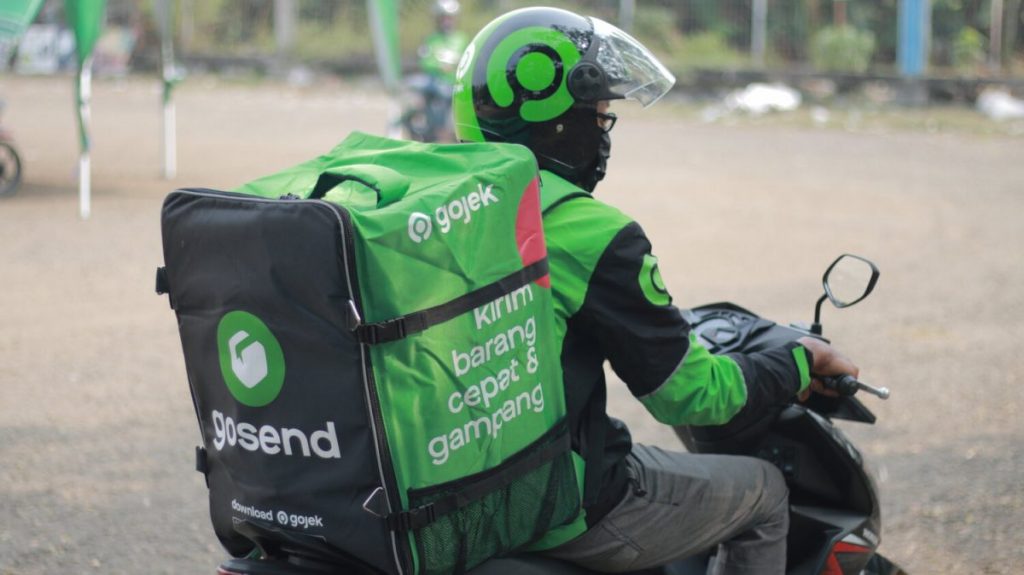As we (hopefully) head towards final stages of the lockdown roadmap in the UK, many have been planning how to safely get out and about again, reflected in the recent eightfold increase in UK car sales in May. However this figure is actually 13% down on the ten-year sales average for May and speaks to the stripping away of mobility services, vitally public transport, from consumers in cities over the past year.
The auto industry is currently on a bumpy road, as supply chain issues and chip shortages have resulted in price mark ups for new and second-hand cars. Meanwhile, the advent of hybrid working has led to lowered demand as daily commutes lessen. All the signs are indicating a move away from vehicle ownership to embracing alternative modes of transportation.

While cars will stay on the road in urban areas that lack infrastructure, alternatives to ownership are on the rise once more largely in cities, following a first wave of car-sharing and car-pool schemes at the start of the century. Global research from R/GA around the future of mobility shows there are expected to be 38 million members of car-sharing schemes globally by 2025 and that usership of ride-hailing and taxi services alone has grown to 1.4 billion customers. Consequently, global mobility service revenue is expected to grow to US$1,298bn by 2024 from US$616.1bn in 2020.
There is a huge opportunity for mobility brands and original equipment manufacturers (OEMs) to change gear to meet consumers’ evolving expectations around mobility.
Redefining mobility
Mobility is no longer defined as access to a single mode of transportation. It is defined by giving people choice and freedom to use a series of different modes of transport. Ford is a great example of a business recognising this shift, after the brand recently recalibrated its purpose around mobility by removing the words “automotive” and “vehicle” from it.
The emergence of mobility as a service (MaaS)—which includes ride-hailing, car-sharing, scooter-sharing, and bike-sharing—has played a huge part in driving this change, removing the inefficient costs of personal vehicle ownership, providing door-to-door transport, and personalised options to suit evolving travel needs.
The global mobility service revenue is expected to grow to US$1,298bn by 2024 from US$616.1bn in 2020
MaaS is more advanced in the US but R/GA research found that over a third (37%) of UK consumers believe they would rely on mobility services enough in the next decade to consider giving up owning or leasing their own vehicle. This is significant, but the shift to MaaS still faces challenges. While people like the idea in practice, more information and education are needed to encourage consumers to embrace MaaS, whilst issues like car insurance for car clubs needs to be addressed—reluctance by insurers to provide cover has made it more difficult to set up local sharing schemes.
Overcoming bumps in the road
Trust is the main factor in the decision-making process for consumers, with 95% of UK consumers saying that brand reputation is the most important thing to them in their decision to use MaaS services more regularly.
Brands in, or seeking to enter, the MaaS space should therefore consider channeling attention into building brand reputation and carving out a space in consumers’ minds as early as possible. This could include clearly communicating the benefits of this type of transportation above others and looking to deliver a completely differentiated experience during key occasions for MaaS users, to stand out from competitors.
Take ride-hailing services, which currently offer the same experience for riders from start to finish. There is a real opportunity to create a differentiated experience in this space, from opening up the app, all the way to exiting the vehicle. Uber’s safety features are a good example of both differentiation and communicating the benefit of this type of transportation above other mobility services and competitors, as it addresses the key issue of trust.

Super apps enter the race
The integrated ecosystem also plays a huge part in the decision-making process, with three-quarters of UK consumers saying access to multiple services in one platform is important to them in their decision to use MaaS services. Brands should consider looking to facilitate seamless integration and access to other brand services within the existing consumer experience to drive recurring value.
Brands here can take inspiration from the superapps in China, where all services for a company or various companies sit within one app. Grab, a south Asian taxi company, is a great example of a business capitalising on this; its app users have access to loans and insurance, ride-hailing, and food delivery services in one place. Additionally Indonesian owned Gojek offers 30 services to its customers. The super app can be used for services like booking a cab, ordering food, payments, arranging a massage, travelling, e-commerce, hyperlocal delivery, etc.
Automakers also have huge potential in this connected services sphere. For example, if Cadillac allowed customers to rent a car, lease a new car, order parts, book a service all in one app, it would create a frictionless booking service experience for its customer base, building loyalty and brand recognition. The mobility players who own the end-to-end consumer relationship will play an outsized role as the MaaS ecosystem matures.
A focus on brand building, user experience and ecosystem presents a real opportunity to get ahead of the MaaS trend coming down the road.
About the author: Rebecca Bezzina is Senior Vice President, Managing Director at digital innovation agency R/GA London
